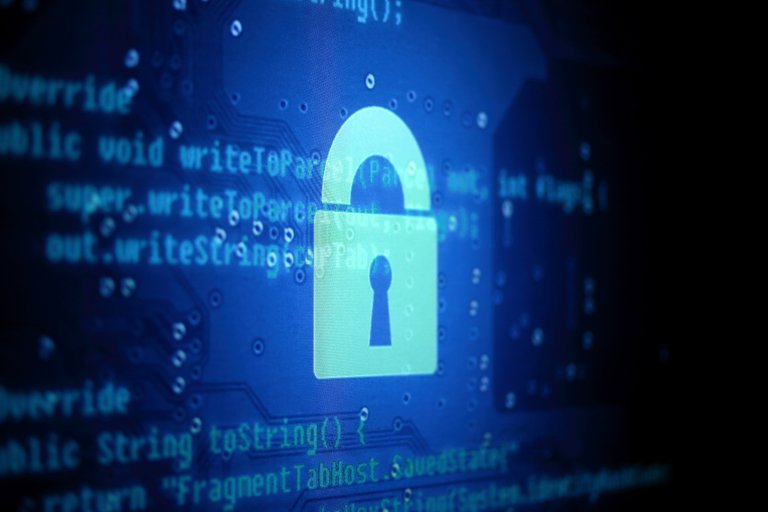
In my last article I talked about why you should use Bitcoin if you haven't. This coming week (28 July - 7 August 2017) would be a good time to get in on the action if you haven't already, as experts forecast Bitcoin to crest towards the 5,000 USD mark by the end of the year. But I digress...
So today, I want to talk about the other parts of Bitcoin that isn't all about money. Here's a lesson on language and history.
If you are an avid user of Bitcoin, you would probably understand the term ‘Cryptography’. The term is a combination of two Greek words ‘Kryptos’ and ‘Graphein’ in which it can literally be translated into ‘Secret’ and ‘Writings’.
The process of ‘secret writing’ dates back to the prehistoric days when our ancestors were carving messages on cave walls. This process is in today’s world referred to as ‘Cryptography’ and it is becoming ever more relevant and important as with rapidly developing technologies, particularly within the financial industry.
All payment forms or money used digitally – online – are classifiable as ‘digital currencies’. Bitcoin as well as all other altcoins are classified as a ‘Cryptographic Currency (Cryptocurrency)’ which falls under the family of digital currencies. Bitcoin, as well as your virtual money on online games, and your PayPal balance are all considered as digital currencies. Whilst they are all classified as digital currencies, there are factors which make a currency a ‘cryptocurrency’.
Cryptocurrencies such as Bitcoin and Ethereum involve the practice of ‘Cryptography’, a programming technique used to further secure information within computer networks and systems. This is often achieved through securing the communication channel between the two parties – sender and receiver of information – through enabling encryption/passwords/secret keys.
When we use cryptocurrencies such as Bitcoin, our transactions are fully encrypted through the process of ‘cryptography’ with none of our personal information attached to the transaction. All we ever need to send or receive a cryptocurrency is our cryptocurrency address and this is what makes most cryptocurrencies ‘anonymous’ or ‘pseudonymous’.
Cryptocurrencies would not exist without the process of ‘cryptography’. In fact, the word ‘cryptocurrency’ is a short form of the two words ‘cryptographic currency’. Without this process, cryptocurrencies would not be as pseudonymous or anonymous as it is. If you are an avid user of Bitcoin and other cryptocurrencies, you would understand the importance of this feature. It is what makes them the most democratic currencies of our times – anonymous/pseudonymous and peer-to-peer transactions.
In a world where our personal information is effortlessly leaked through the web, it is becoming ever more important to protect our identities online. The simple idea of ‘encrypting’ transactions has a great effect on our prevailing financial system, though this also means that unlawful activities and dark net transactions get to proliferate with this innovation as well.
But we need to see innovation from a larger picture: It is a revolution in which we are just realizing the importance of the democratisation of our traditional monetary system with cryptocurrencies via the process of ‘Kryptos-Graphein’.
This is the future.